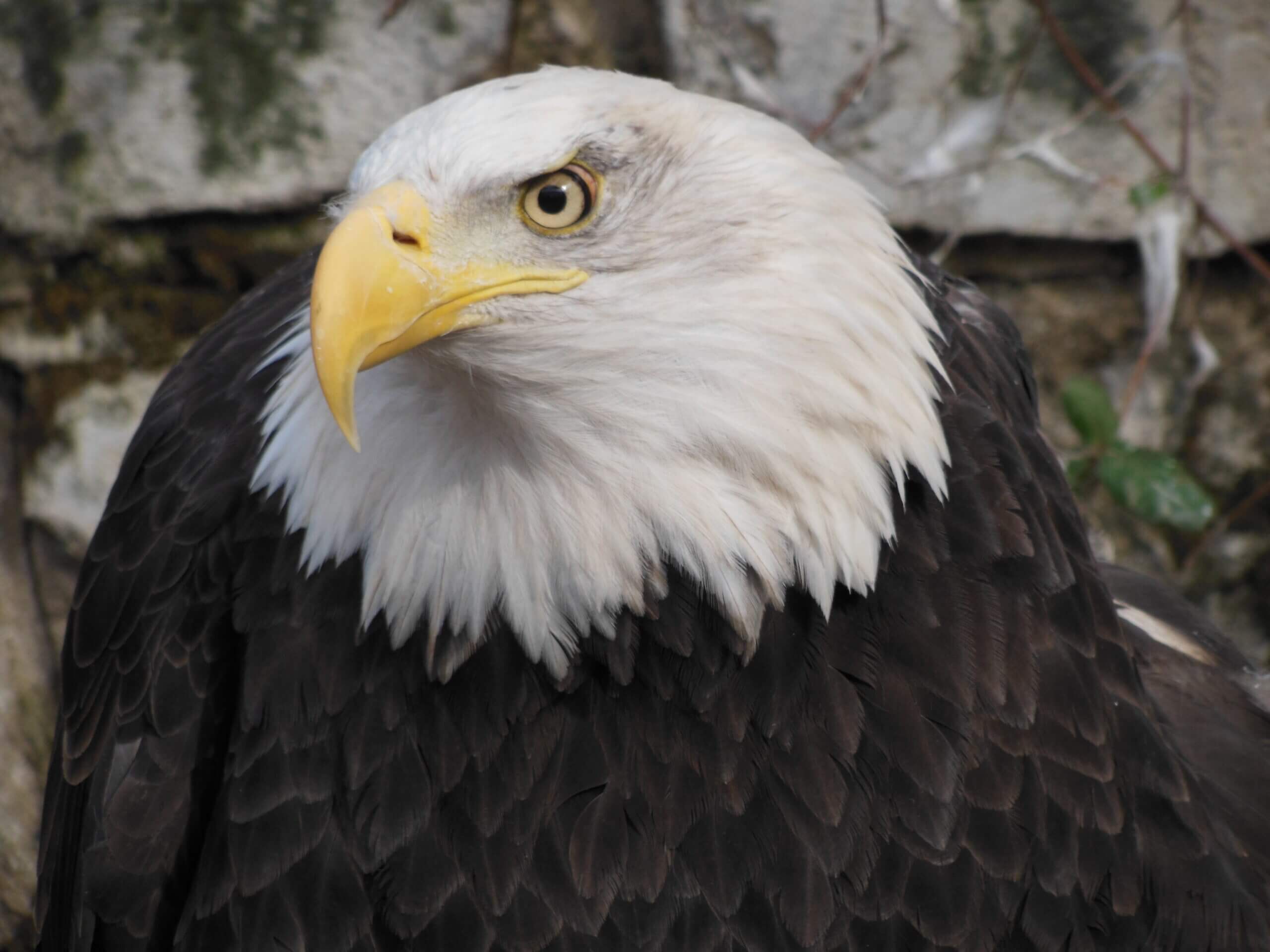No, it is illegal to own a bald eagle in the United States. The Bald and Golden Eagle Protection Act prohibits ownership of these birds.
Owning a bald eagle is illegal in the United States due to the Bald and Golden Eagle Protection Act. This legislation protects these majestic birds and their habitats, ensuring their conservation for future generations. The bald eagle, as the national bird of the United States, holds significant cultural and ecological importance.
Strict laws and regulations are in place to safeguard their well-being and prevent illegal possession. Understanding the legal provisions and the reasons behind the protection of bald eagles is essential for promoting their preservation and ensuring their survival in the wild.
Legalities Of Owning A Bald Eagle
Owning a bald eagle in the United States is highly regulated by various federal laws and statutes. The Bald and Golden Eagle Protection Act strictly prohibits the possession of these majestic birds, with severe penalties imposed on individuals found in violation. The act makes it illegal to take, possess, sell, purchase, barter, offer to sell, purchase or barter, transport, export or import, or ship bald eagles, including their parts, nests, or eggs, unless specifically permitted by the U.S. Fish and Wildlife Service (USFWS).
These stringent regulations require anyone wishing to possess a bald eagle for educational, scientific, or religious purposes to obtain a special permit or license from the USFWS. The application process is rigorous, with thorough scrutiny and adherence to strict criteria. Furthermore, the permit holder must comply with specific conditions to ensure the bird’s welfare and conservation, including taking measures to prevent interference with its natural behavior and habitat.

Credit: dep.nj.gov
Conservation Facts About Bald Eagles
Conservation Facts about Bald Eagles: Bald eagles were once endangered in the United States due to habitat destruction, illegal hunting, and pesticide use. However, population recovery efforts resulted in the species being removed from the endangered species list in 2007. Despite this, threats such as habitat loss, pollution, and lead poisoning continue to affect bald eagle conservation.
Threats to Bald Eagle Conservation: Human activities such as deforestation and urbanization pose continued threats to bald eagle habitats. Additionally, pollution and secondary poisoning from contaminated prey impact the species. Heightened mortality risks from collisions with man-made structures further contribute to the challenges faced in conservation efforts.
Conservation Efforts and Success Stories: Conservation initiatives, including habitat protection, nest monitoring, and reintroduction programs, have played a crucial role in the recovery of bald eagle populations. Organizations such as the Bald Eagle Protection Act and partnerships between government agencies and conservation NGOs have contributed to the success of these efforts. The significant increase in bald eagle populations and successful nesting pairs reflect the positive impact of conservation measures.
Frequently Asked Questions
Can Bald Eagles Be Owned As Pets?
No, it’s illegal to own a bald eagle as a pet in the United States. They are protected by the Bald and Golden Eagle Protection Act and the Migratory Bird Treaty Act to ensure their conservation.
What Are The Legalities Of Owning A Bald Eagle?
To possess a bald eagle for educational or religious purposes, you need a special permit from the U. S. Fish and Wildlife Service. It’s a criminal offense to own a bald eagle without the necessary permits.
Can You Rehabilitate An Injured Bald Eagle?
If you find an injured bald eagle, contact a licensed wildlife rehabilitator immediately. Attempting to rehabilitate the bird yourself is illegal and can cause further harm to the eagle.
Are There Any Exceptions To Owning A Bald Eagle?
In certain cases, Native American tribes can obtain permits to possess bald eagle feathers and parts for religious and cultural purposes. However, stringent regulations govern these exceptions.
Conclusion
Owning a bald eagle is illegal due to its protected status under the Bald and Golden Eagle Protection Act. It’s important to respect and admire these majestic birds in their natural habitat, supporting conservation efforts to ensure their survival for future generations.
Let’s continue to appreciate and protect these magnificent creatures.
